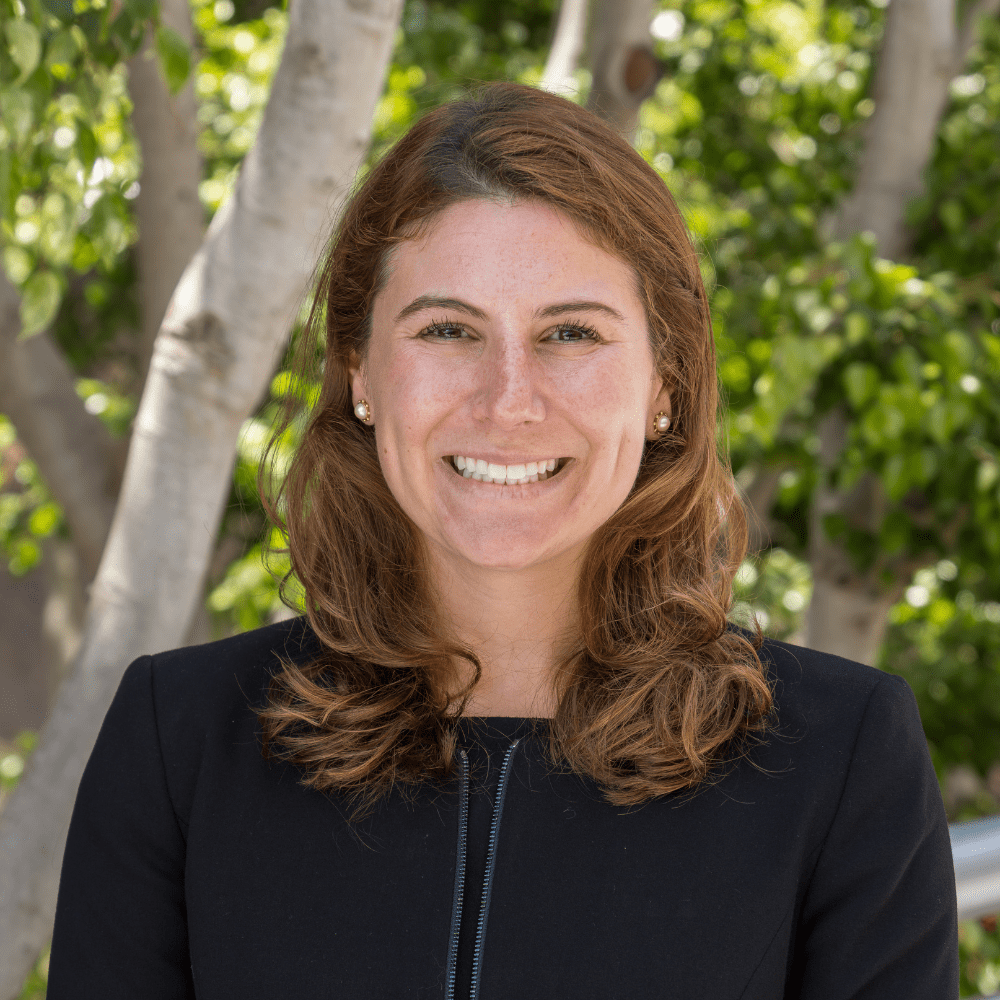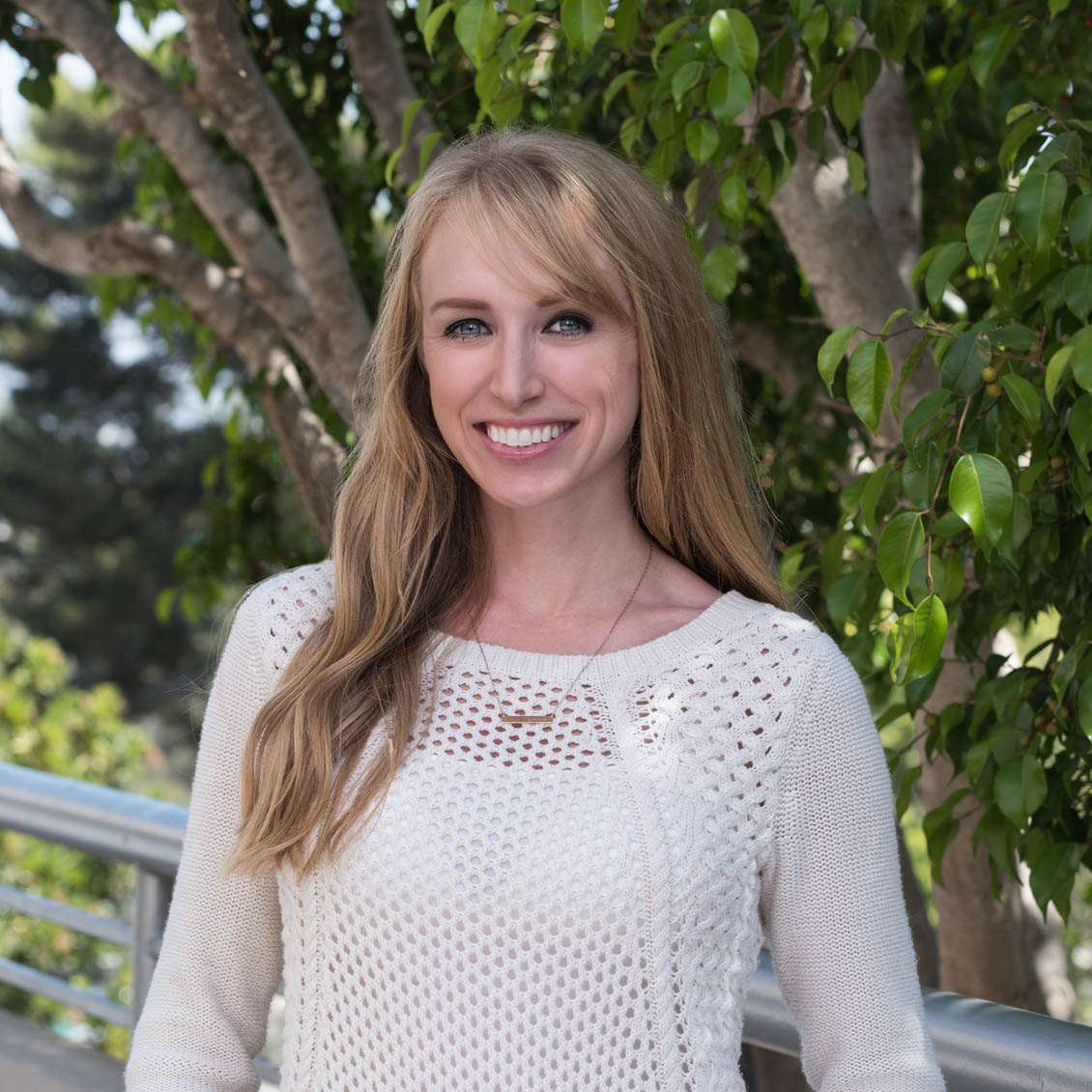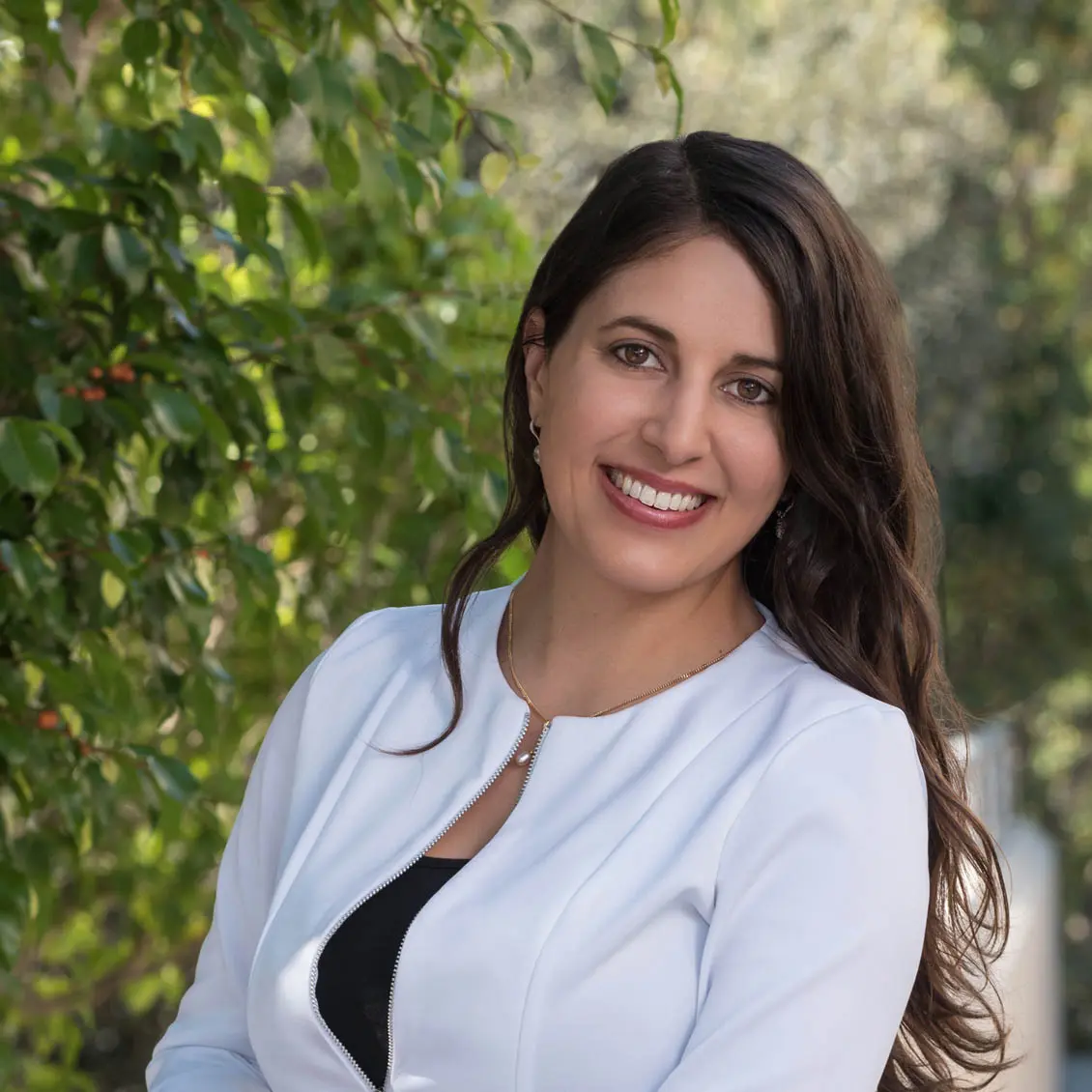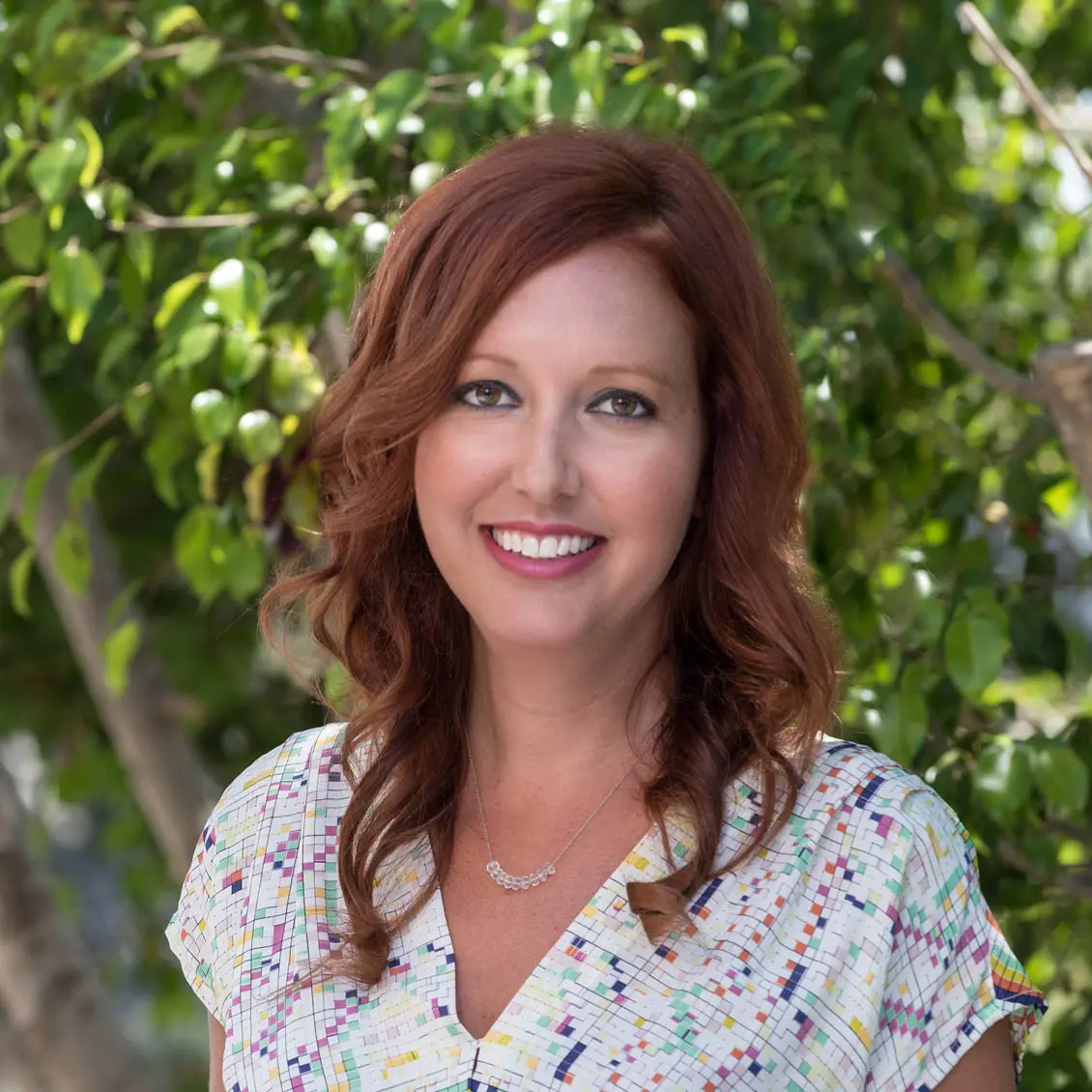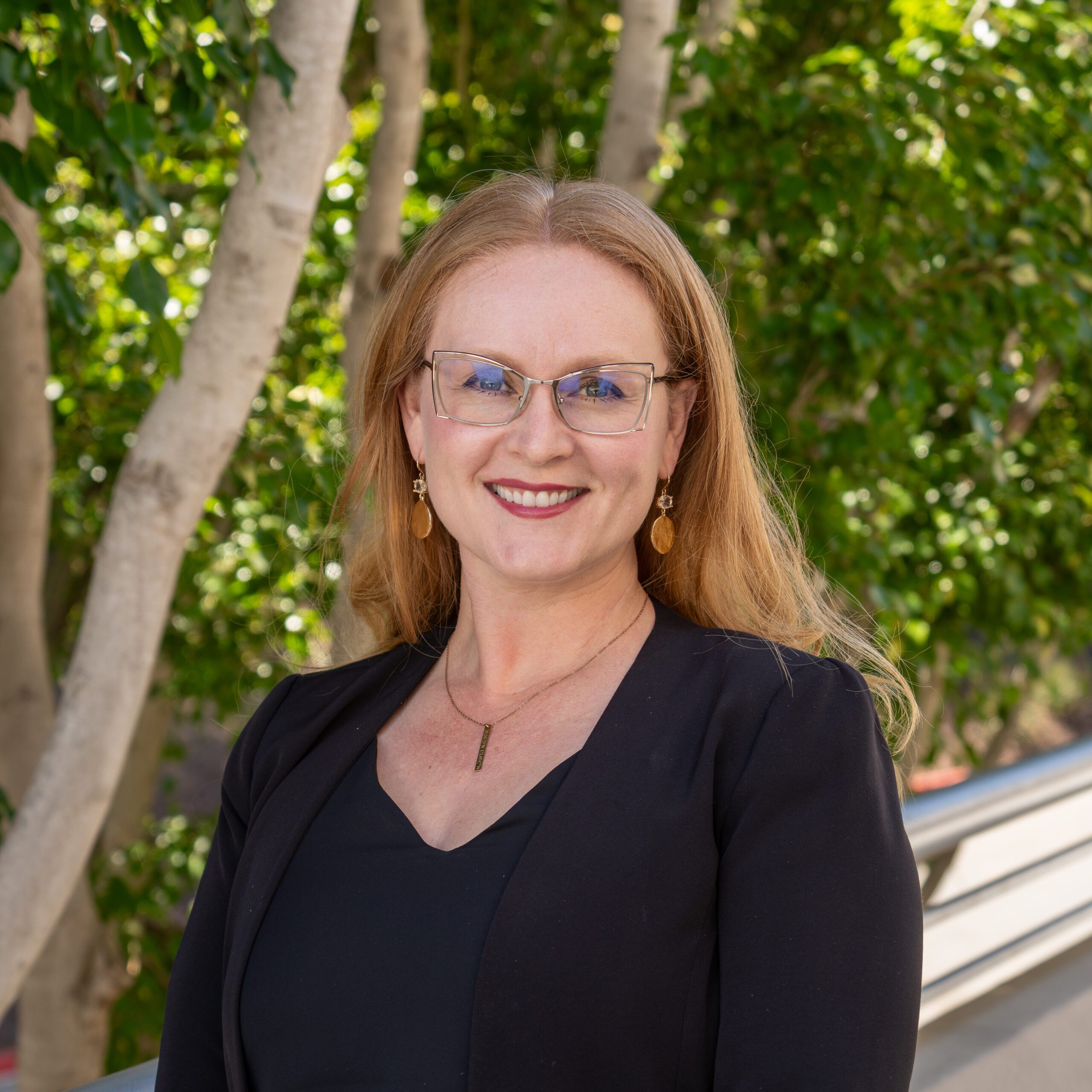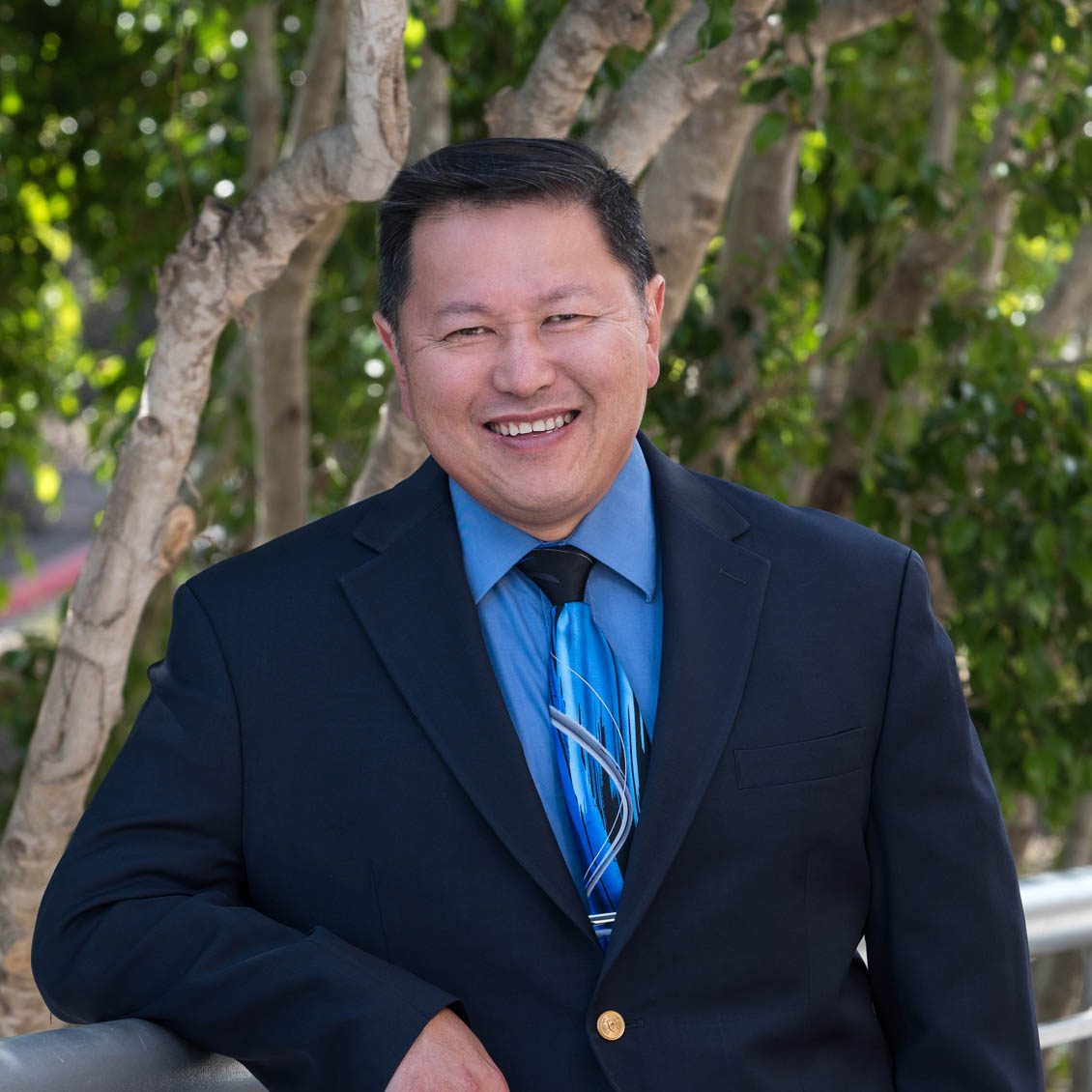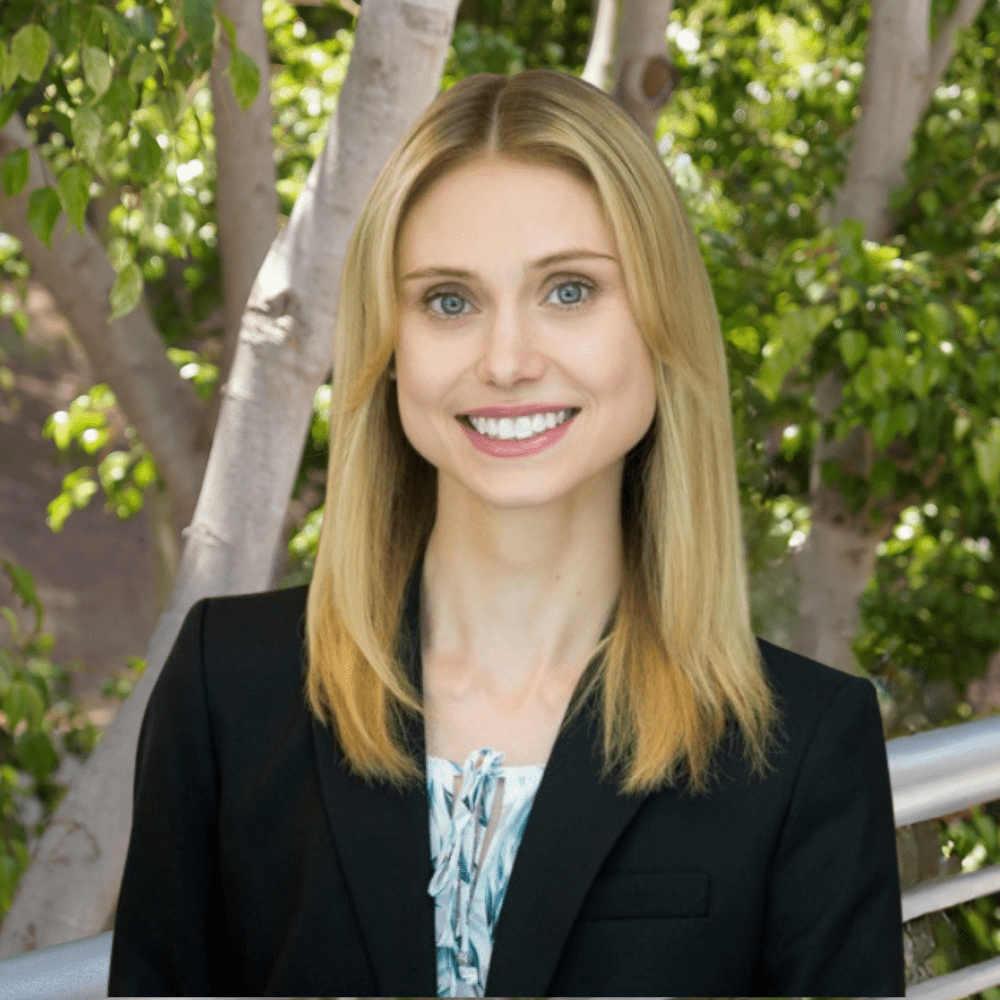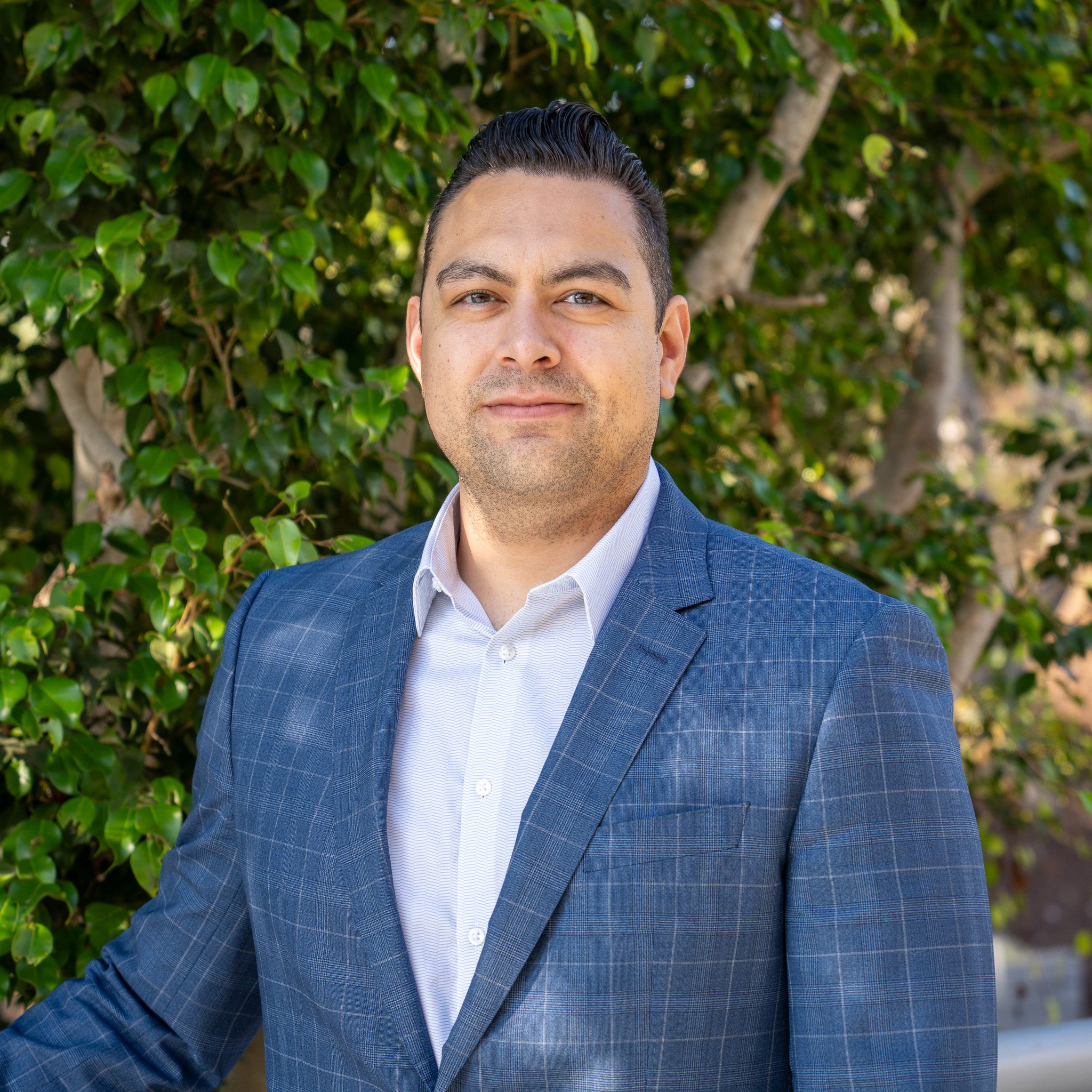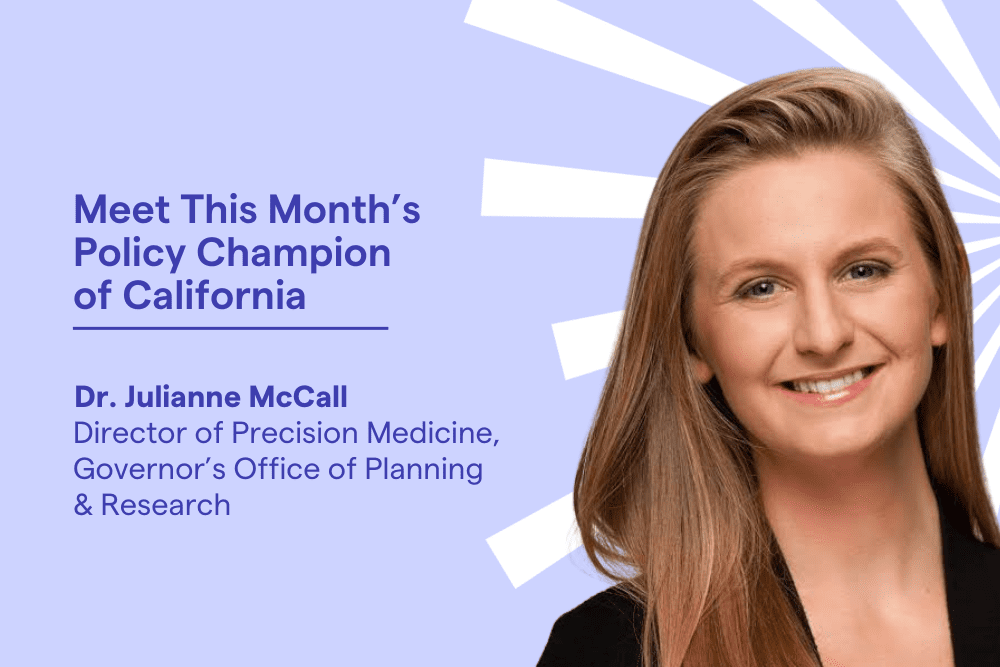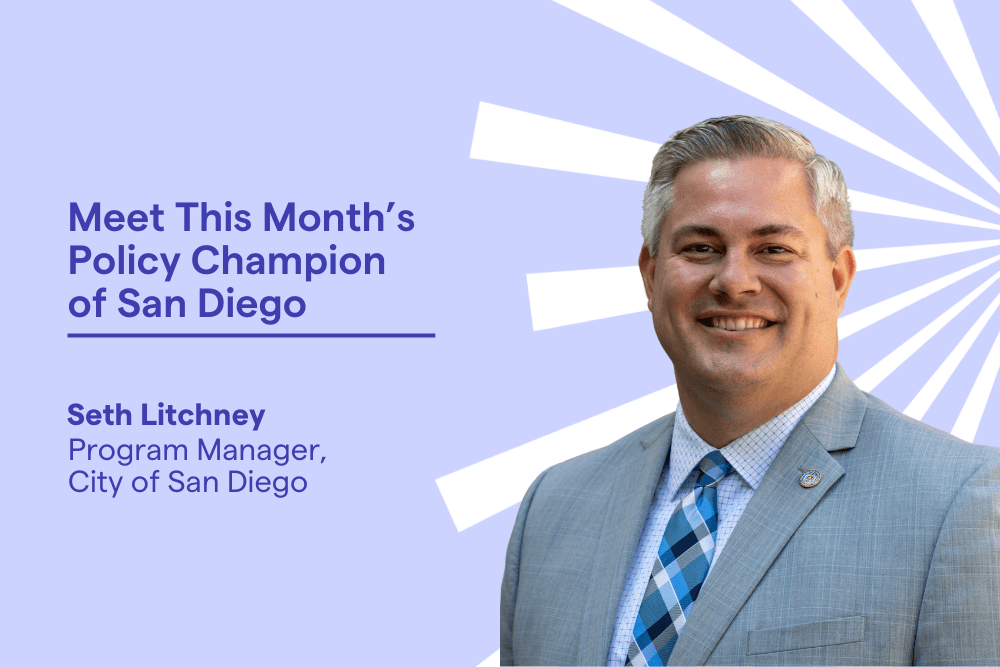Advocacy
The strongest and most respected voice for California’s life science industry.
Biocom California drives advocacy and public policy initiatives on behalf of the California life science industry. Since its founding in 1995, Biocom California has emerged as the most respected association voice in regional government, the State Capitol, and Washington, D.C. Our member committees determine positions to encourage public officials to pass legislation that is positive to the California life science industry, while working to defeat proposals that would be detrimental.

Biocom California is proud to advocate for regional policies that positively impact the life science ecosystem in California.
Federal Advocacy
Biocom California Federal Policy team advocates on behalf of our members to support funding for federal agencies that drive research and approve new products, a fair reimbursement and pricing landscape to ensure that patients have access to much-needed medicines, research and pandemic preparedness to prevent future outbreaks, strong IP protections to allow innovators to get a return on their investments; a business friendly-tax environment that allow businesses to strive and grow; and expand loan guarantees and grants to access capital for ag and energy biotech.
California Advocacy
Biocom California advocates for a competitive regulatory environment that protects investment in new therapies and access for our patients. Our policy priorities across the state of California include a wide range of issues from public health, access to new therapies, and information stewardship practices. We advocate for improved infrastructure, safe and reliable water supplies, and critical public interest policies to support innovation.
Regional Advocacy
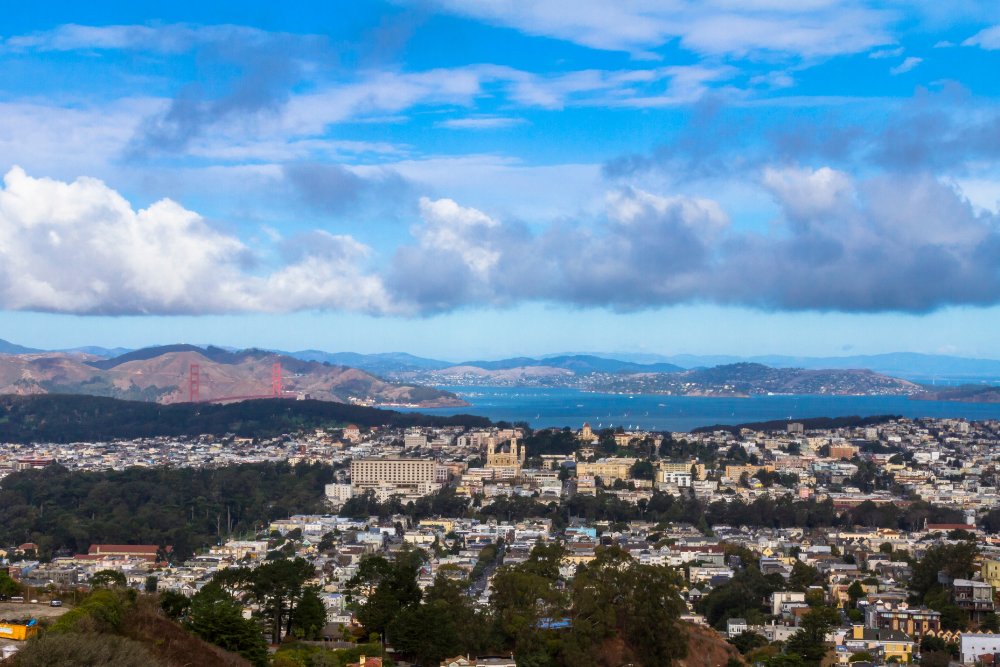
Bay Area Advocacy
Our priorities in the Bay Area region include accessibility and reliability of utilities, reducing business tax burdens where appropriate, and advancing land use proposals to facilitate future life science developments. We also engage on traditional business issues, such as advocating for more seamless transit infrastructure and the availability of middle-income housing.
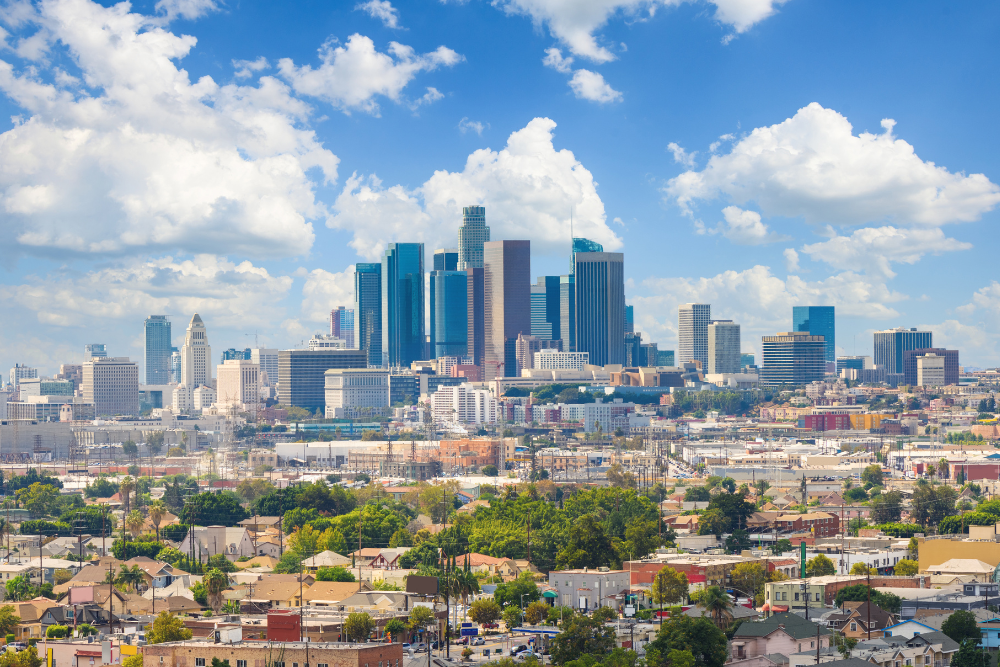
Greater Los Angeles Advocacy
Our priorities in the greater Los Angeles region include identifying land for future life science developments, accessibility and reliability of utilities, and reducing business tax burdens where appropriate. We also engage on traditional business issues such as enhancing transit systems and availability of middle-income housing.
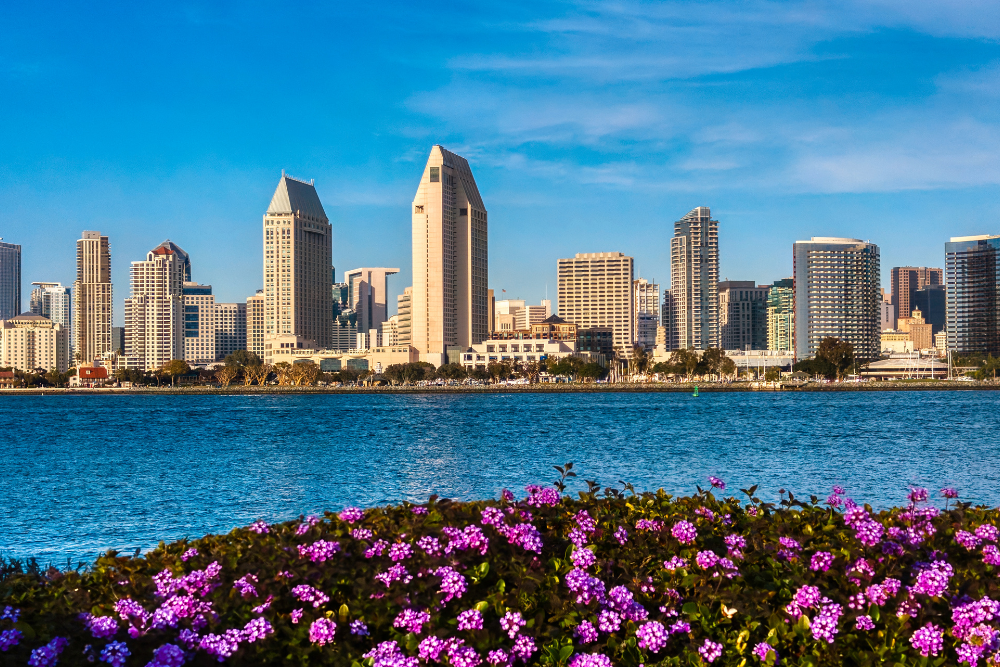
San Diego Advocacy
Biocom California was founded in San Diego in 1995 around the issue of access to water, and we continue to advocate for consistent, reliable utilities needed in delicate research processes. We assist members with all local permitting and inspection matters, and advocate for infrastructure improvements including storm channels, transit networks, and middle-income housing.
Public Policy Committees
Biocom California committees bring together policy experts to discuss new legislative and regulatory developments and shape our policy positions at the federal, state and local levels. With over twelve committees, such as Regulatory Affairs, Environmental Health and Safety, Intellectual Property, and Facilities, Biocom California’s Public Policy related committees are an ideal way for members to affect change in the areas that matter most to them.

advocacy-news
Sign up for our newsletters
Customize your newsletter subscriptions to receive only the public policy news that is most relevant to you.
-
Public Policy Newsletter
Monthly newsletter featuring the latest federal, state (California) and regional (San Diego, Los Angeles, Bay Area) affairs. Receive notifications on upcoming events.
Sign Up | View Archived -
Regulatory & Reimbursement Newsletter
Receive monthly policy updates regarding regulatory & reimbursement news, related events, and opportunities to provide comments.
Sign Up | View Archived
policy-team
Biocom California Public Policy Team
pasadena-zoning-changes
Championing Policy Reform in the City of Pasadena
Uniting the life science community and government to shape regulatory policies that support industry growth. Our policy staff is available to assist with any questions and ideas on how your company can pursue local policy changes to promote life science growth. Contact us to get started today.
policy-champion
